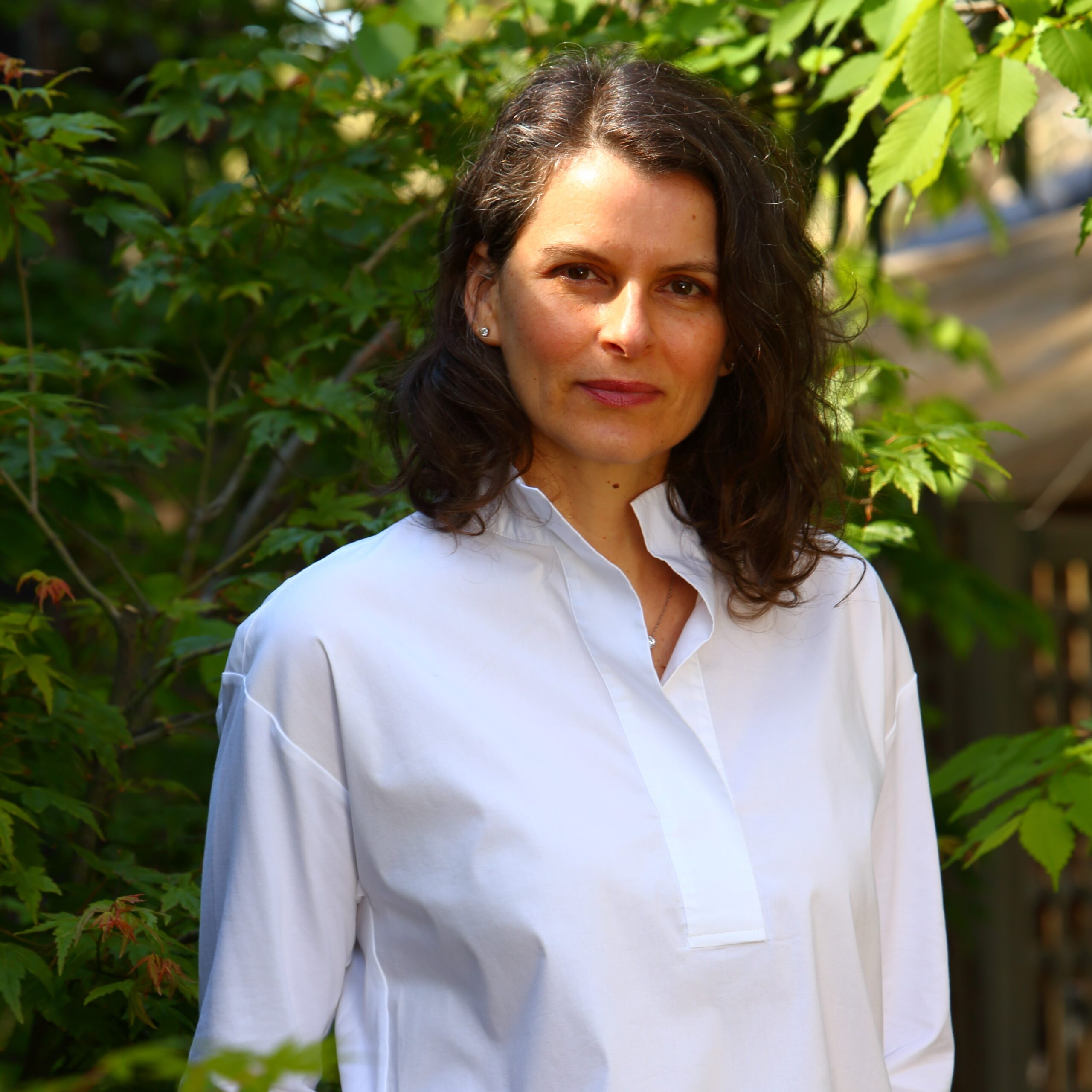2020 HD Human Biology Project Fellow
Monash University
Mentors: Julie Stout and Anthony Hannan
HDSA’s HD Human Biology Project Fellowship is a reflection of the Society’s commitment to person-centric research that supports development of effective therapies for people with HD. HDSA caught up with 2020 fellow, Dr. Yifat Glikmann-Johnston to learn more about her work, her motivation to study people with HD, and her goals for the future.
What initially inspired you to enter into HD Research, and, since entering the field, what experiences have brought you to your current point in your career?
A coincidence! I originally joined the lab of Julie Stout to work on a neuroimaging of addiction project. None of my participants showed up for their MRI scan and we quickly ran out of funding for the project. In the meantime, I started learning about HD from other scientists in the lab and my interest in HD research has grown. I set out to shift to HD research and was successful in obtaining a 4-year fellowship from the Australian Government National Health and Medical Research Council that allowed me to train in cognitive neuroscience of HD through a research project on spatial memory. During the fellowship, Julie and I supervised a PhD student, Cory Wasser, who had an interest in the gut-brain axis and through his project, I too developed an interest in this area. This research area is particularly exciting for me because I see a great potential to translate findings quickly to clinical practice, which is important to me given my clinical neuropsychology background.
In layman’s terms, please tell us some highlights about your HDSA-funded project. What is the potential impact of your project on the field of HD research and/or clinical outcomes for persons with HD?
My project focuses on the gut microbiome in HD. A hallmark clinical feature of HD is unintended weight loss that leads to general weakening and decline in quality of life. The cause of weight loss in HD is unknown. What we do know is that people with HD who have high body mass index (BMI) have slower rates of deterioration in motor function and cognition, the main symptoms that cause disability. The gut microbiome is involved in the regulation of body weight and as such may also contribute to clinical manifestation in HD such as weight loss. In the HDSA project, we set to characterize the HD gut microbiome in a large sample and determine the relationship between gut health and clinical indicators of disease, mood, and cognition. Results will provide the foundational knowledge about the HD gut microbiome that is required in order to develop systematic lifestyle recommendations for people with HD. For example, knowing which specific gut bacteria are associated with more severe disease symptoms could be used to tailor dietary changes, probiotic supplementation, or prebiotic interventions in order to reduce the amount of gut bacteria related to disease and promote those related to health. These interventions can help maintain homeostasis in the gut, which we know has a positive effect on mood, behaviour, and cognitive function, all of which are affected in HD.
What do you like most about your work or the HD research field, and what is your biggest challenge?
I am a people person and I most enjoy working with people with HD and with students training to become HD scientists and clinicians. I have worked in the past with other clinical populations and I find the HD community to be exceptionally generous with their time dedicated to and interest in research. I love that international HD conferences include both the HD community and the scientific community, it makes so much sense, but it’s not the done thing in other diseases.
My biggest challenge is seeing our research participants deteriorate over time and progress from premanifest to manifest HD. Many tell us that participation in research gives them meaning and purpose by helping to advance the field for the next generation. Knowing that helps manage the day-to-day challenges.
What are your biggest goals as you move forward in your career, or major areas of interest for future research?
My goal is to translate the gut microbiome research work into clinical practice and be able to affect people’s quality of life. I know it takes a long time for any intervention to move ‘from bench to bedside’, but I feel that with diet- and gut-related treatments (for example, probiotics, fecal microbiota transplantation) the translation path may be a bit easier when compared to treatments that affect the brain for example.
When you’re not working on HD research, what do you do for fun?
I enjoy spending time with my family and dogs and doing yoga. I have two kids ages 11 and 14 and they are so much fun to hang out with. We have two German Shepherd dogs that my partner and I regularly take for long walks and this is our special time together. And then there’s yoga, which I’ve been doing for years and that keeps me fit.
What has the grant support from HDSA meant to you?
Funding from HDSA was essential to the gut microbiome research and for the continuation of my research career. Funding for medical research is tough in Australia and without the funding from HDSA I’m not sure if I could have continued that line of research.
Click here to learn more about HDSA’s research fellows and funding programs.

 Dr. Yifat Glikmann-Johnston
Dr. Yifat Glikmann-Johnston 